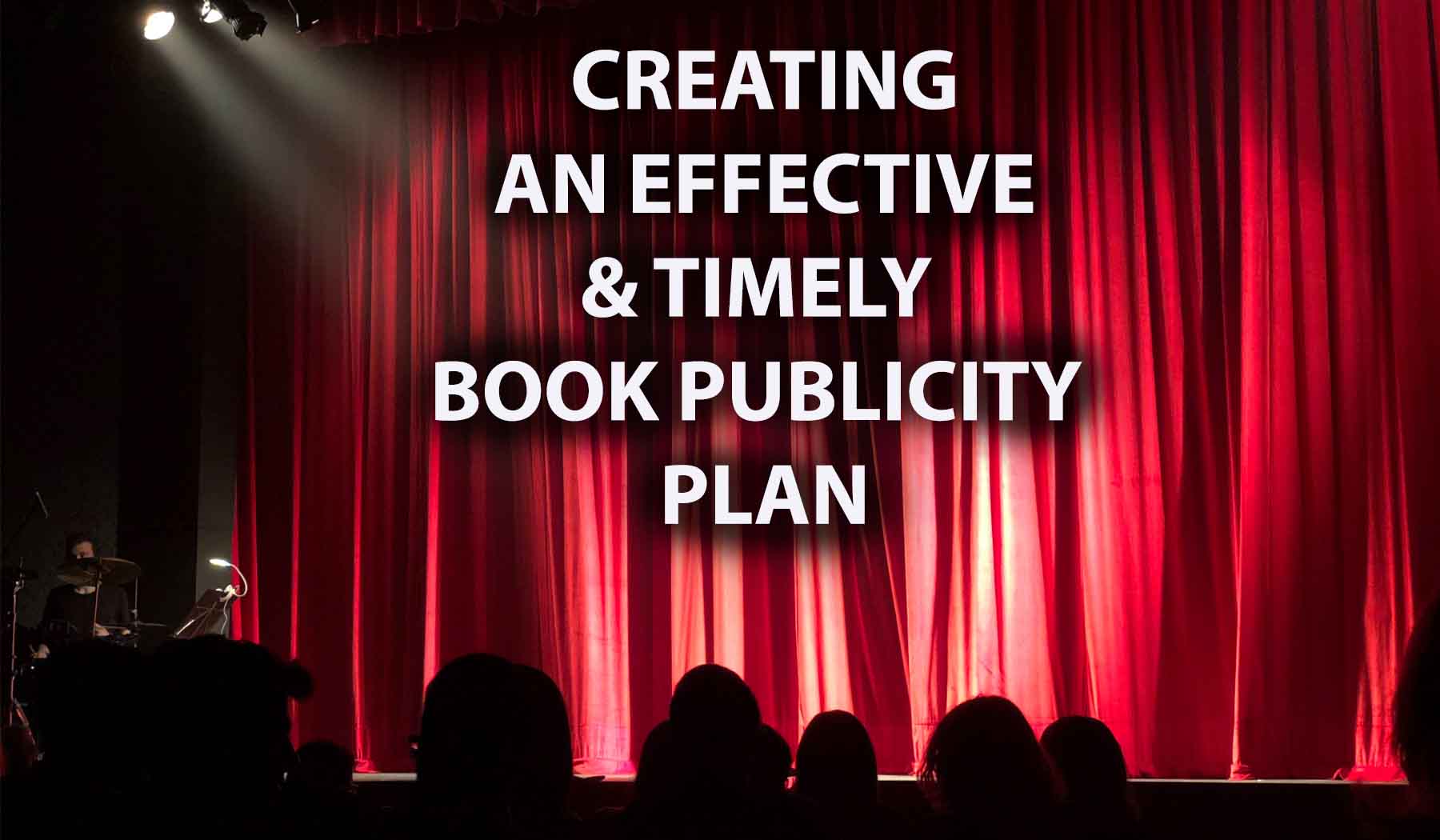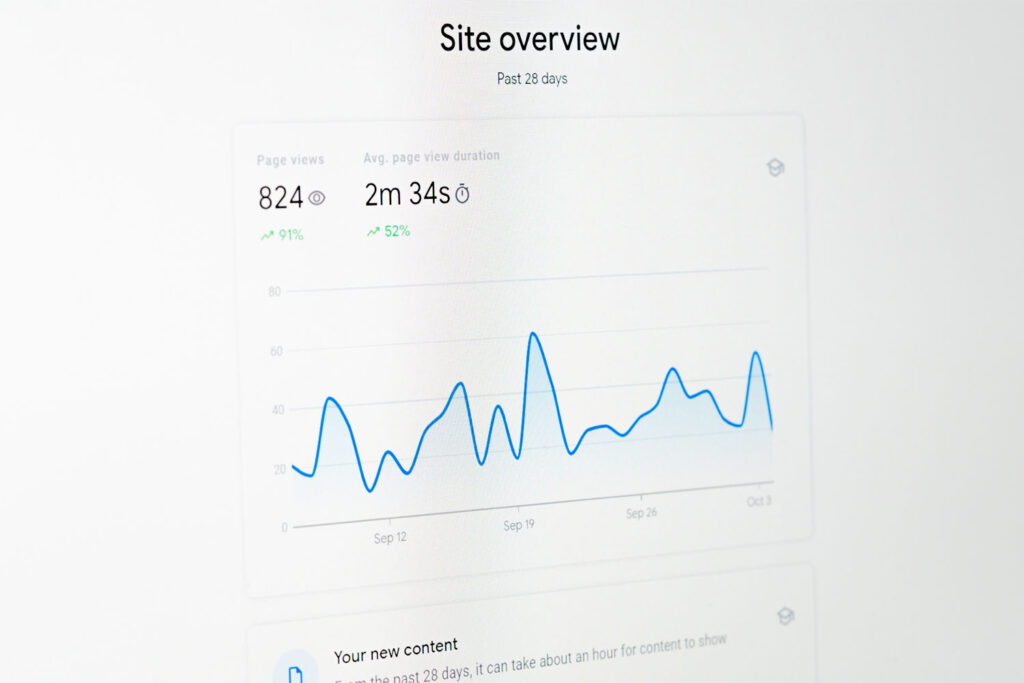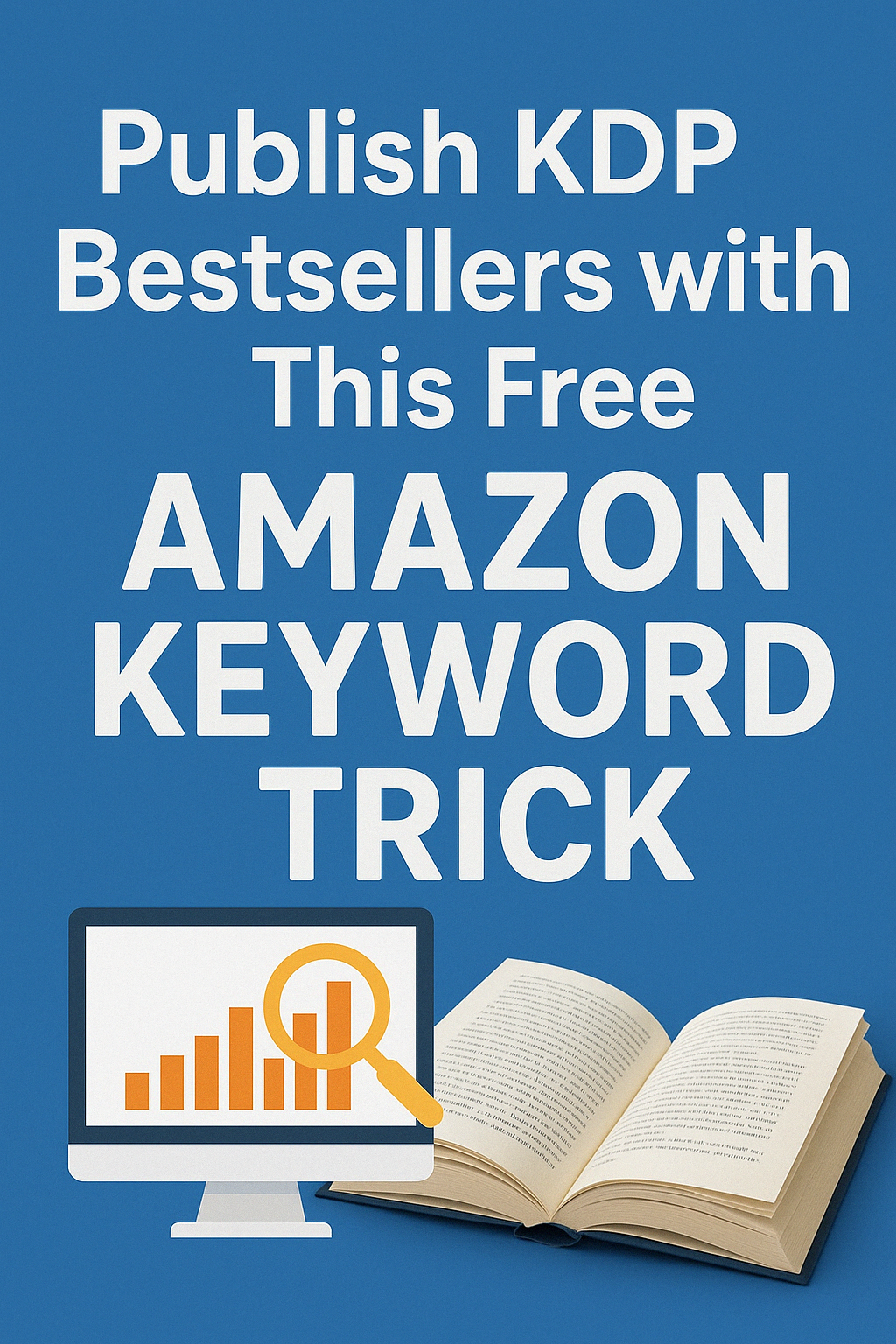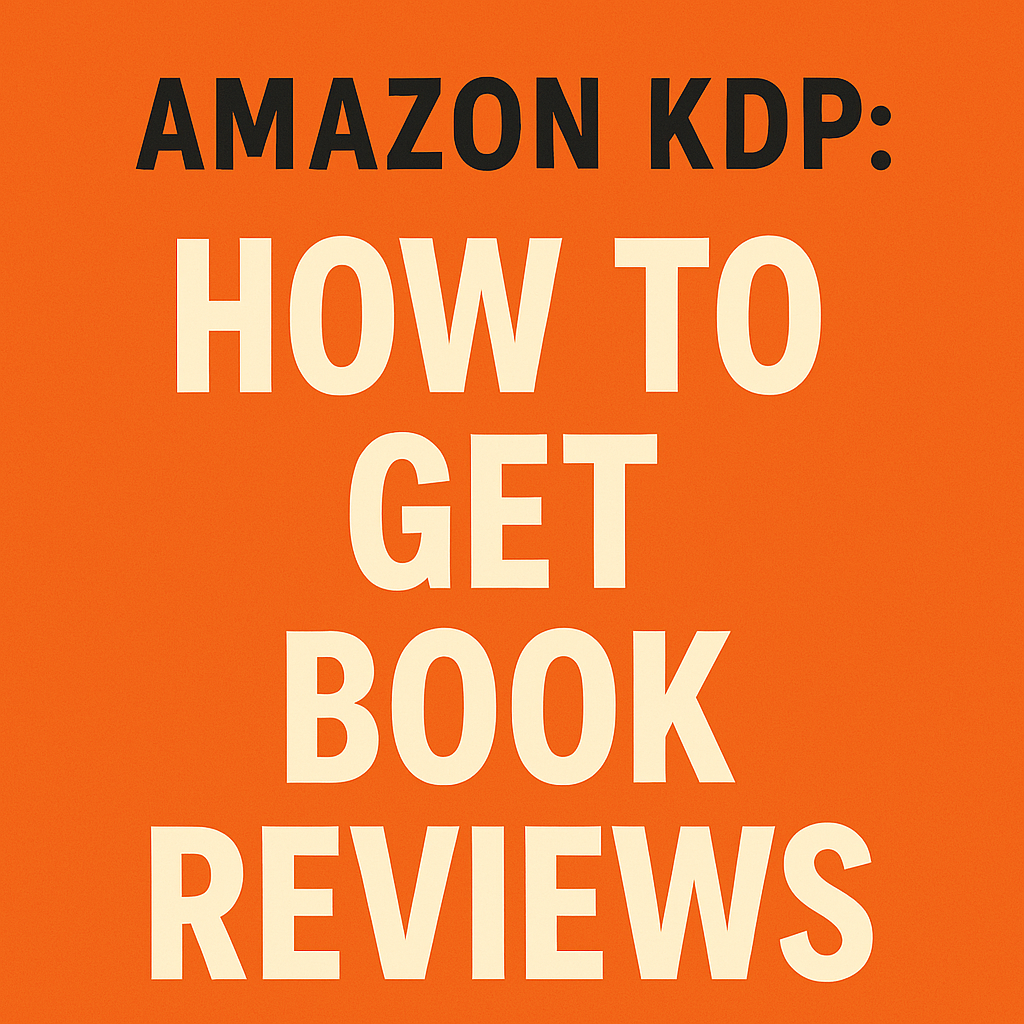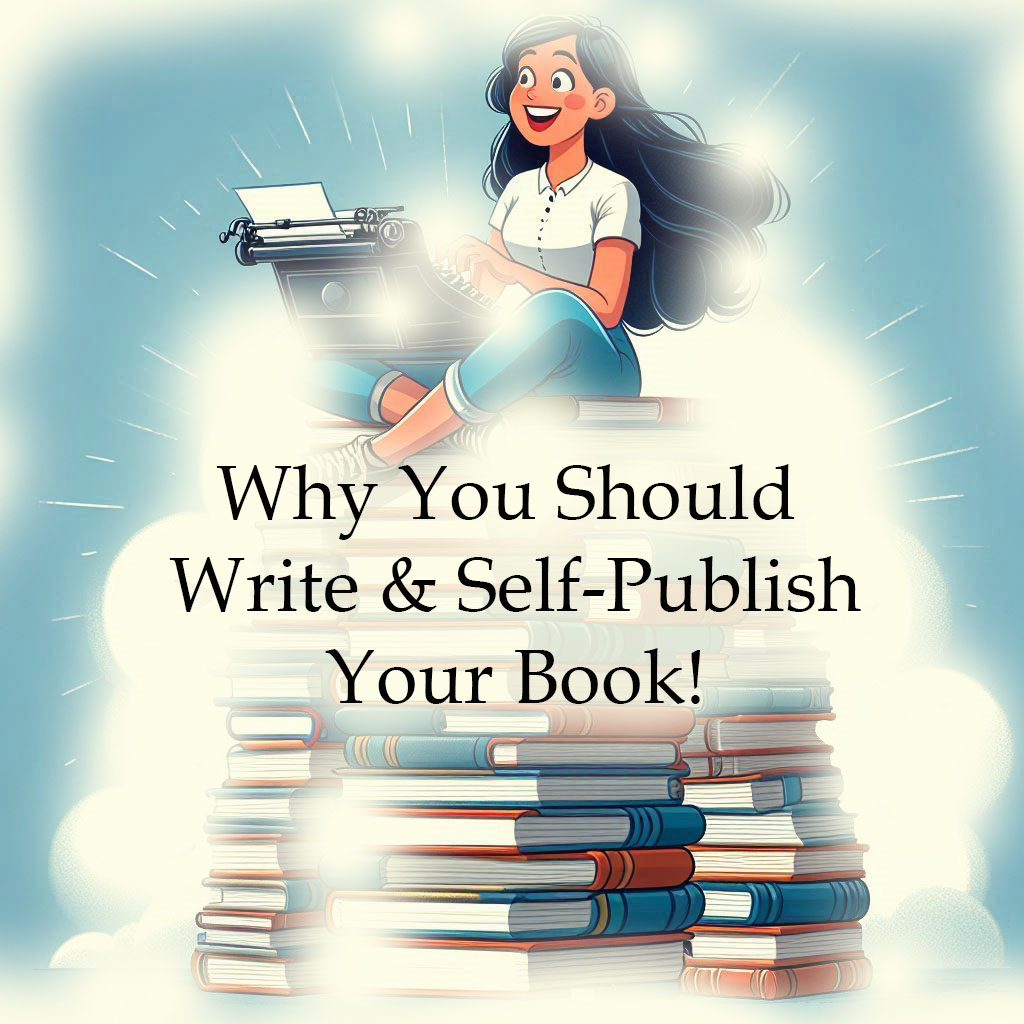Are you an aspiring author eager to make your book launch a success?
One crucial aspect of achieving your goals is creating an effective and timely book publicity plan.
A well-crafted publicity strategy can generate buzz, attract readers, and boost sales.
Let’s dive into the key steps to develop an impactful book publicity plan that will capture the attention of your target audience and rank highly on Google.
1. Understanding Your Target Audience
Before diving into any publicity plan, it’s essential to understand your target audience.
Identifying who your ideal readers are will allow you to tailor your marketing efforts and create compelling content that resonates with them.
Consider the following steps:
- Research: Conduct thorough market research to identify your target readers’ demographics, interests, and preferences. Use online tools, social media platforms, and surveys to gather valuable data.
- Reader Persona: Develop detailed reader personas, including age, gender, occupation, interests, and reading habits. This will help you craft targeted messages that speak directly to their needs and desires.
2. Building Your Author Platform
An effective book publicity plan requires a strong author platform.
Establishing your online presence will not only help you connect with readers but also provide a foundation for future marketing efforts.
Here are some key steps to build your author platform:
- Website: Create a professional author website that showcases your book, author bio, and contact information. Optimize it for search engines with relevant keywords and user-friendly navigation.
- Blog: Start a blog to regularly share engaging content related to your book’s themes, writing process, and industry insights. This will position you as an expert in your niche and attract a loyal following.
- Social Media: Engage with readers on social media platforms like Facebook, Twitter, Instagram, and LinkedIn. Share updates about your book, interact with followers, and participate in relevant communities and discussions.
3. Crafting Compelling Press Materials
To capture media attention and generate buzz, you need to create compelling press materials.
These materials will serve as your primary tools to communicate your book’s key messages to journalists, bloggers, and influencers.
Consider the following elements:
- Press Release: Draft a concise and captivating press release that highlights the unique aspects of your book, such as its plot, themes, and author background. Use a captivating headline and include quotes, endorsements, and relevant statistics to grab attention.
- Author Bio and Press Kit: Prepare a well-crafted author bio, including your writing credentials, previous works, and any notable achievements. Create a comprehensive press kit that includes high-resolution author photos, book covers, sample chapters, and interview questions.
4. Securing Media Coverage
Now that you have your press materials ready, it’s time to secure media coverage to reach a wider audience.
Getting your book featured in newspapers, magazines, blogs, and podcasts can significantly boost your visibility.
Here’s how to approach media outlets effectively:
- Targeted Media Outreach: Research and compile a list of relevant media outlets, journalists, bloggers, and podcast hosts who cover topics related to your book’s genre or themes. Craft personalized pitches that highlight why your book is newsworthy and how it aligns with their audience’s interests.
- Press Release Distribution: Utilize online press release distribution services to reach a broader audience. Share your press release with relevant media contacts, book review websites, and literary organizations to increase your chances of getting featured.
5. Leveraging Social Media and Online Platforms
Social media and online platforms offer powerful avenues to promote your book and engage with readers directly.
Here’s how to leverage these channels effectively:
- Virtual Book Launch: Organize a virtual book launch event using platforms like Zoom or Facebook Live. Promote the event through your website, social media channels, and email newsletters to maximize attendance and engagement.
- Author Interviews and Guest Blogging: Reach out to popular book bloggers, podcast hosts, and online publications to secure interviews and guest blogging opportunities. This will allow you to share your expertise, connect with new readers, and expand your online presence.
- Book Giveaways and Contests: Run book giveaways and contests on social media platforms to generate excitement and encourage readers to spread the word about your book. Collaborate with influencers or book clubs to reach a wider audience and increase participation.
- Engagement and Interaction: Actively engage with your readers on social media by responding to comments, hosting Q&A sessions, and sharing behind-the-scenes content. Building a genuine connection with your audience will foster loyalty and word-of-mouth promotion.
6. Collaborating with Influencers and Book Communities
Influencer marketing can be a game-changer for book promotion.
Collaborating with influencers who have a substantial following in your book’s genre can expand your reach and credibility.
Consider the following strategies:
- Research and Outreach: Identify relevant influencers, book reviewers, and bookstagrammers who align with your target audience and have engaged followers. Reach out to them with personalized pitches, offering review copies or exclusive content for their platforms.
- Guest Blogging and Cross-Promotion: Seek opportunities to guest blog or contribute articles on influential book blogs or online publications. Cross-promote each other’s content and books to reach new readers and expand your network.
- Book Clubs and Community Engagement: Connect with book clubs and online communities focused on your book’s genre or themes. Offer to participate in discussions, provide author insights, or even offer exclusive discounts to club members. Building relationships with book communities can lead to organic recommendations and valuable word-of-mouth marketing.
7. Tracking and Analyzing Results
As you implement your book publicity plan, it’s crucial to track and analyze your efforts to identify what’s working and make necessary adjustments.
Consider these metrics and tools:
- Website Analytics: Utilize tools like Google Analytics to track website traffic, user engagement, and conversion rates. Monitor which marketing channels are driving the most visitors to your site and adjust your strategies accordingly.
- Social Media Insights: Analyze social media metrics such as follower growth, post engagement, and click-through rates. Identify trends, content types, and posting times that resonate most with your audience and optimize your social media strategy.
- Media Mentions and Reviews: Keep track of media coverage, blog reviews, and reader feedback. Pay attention to the sentiment and impact of these mentions to gauge the effectiveness of your book publicity efforts.
- Sales and Book Rankings: Monitor your book sales and rankings on platforms like Amazon, Barnes & Noble, and Goodreads. Track how publicity initiatives correlate with spikes in sales and adjust your plan accordingly.
Conclusion
Creating an effective and timely book publicity plan requires careful planning, consistent effort, and a deep understanding of your target audience.
By implementing the strategies outlined in this blog post, you’ll be well-equipped to generate buzz, connect with readers, and achieve a successful book launch. Remember to continuously evaluate your results, adapt your strategies, and stay committed to building your author brand beyond the launch phase. With perseverance and a well-executed publicity plan, your book can reach new heights of success.

